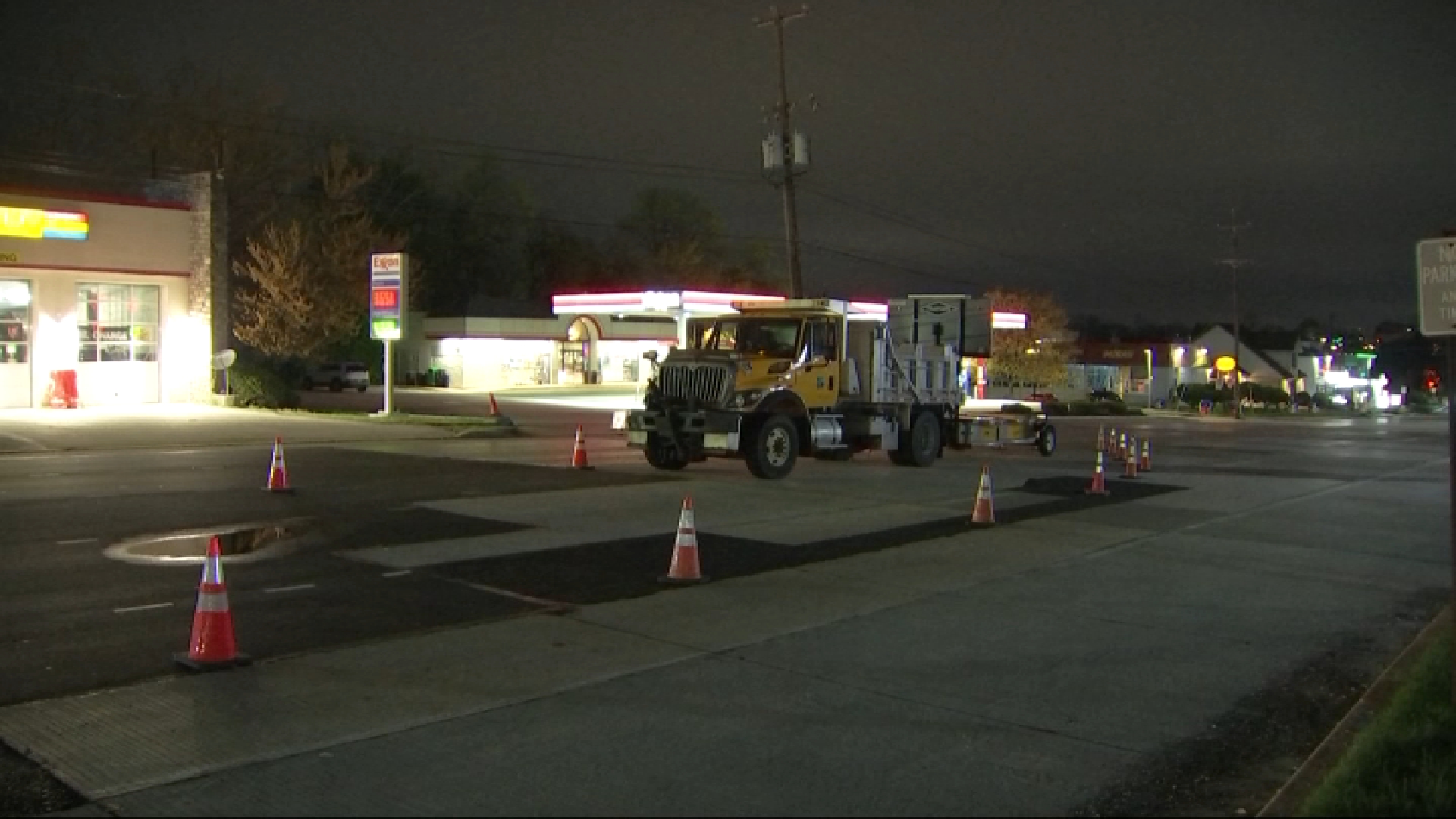With all the twists and turns involved in the fiscal cliff battle among our country’s lawmakers, one important question remains. What exactly does the so-called Fiscal Cliff Bill mean to you? NBC10 spoke with a financial adviser to find the answer.
While the tax package that Congress passed New Year's Day will protect 99 percent of Americans from an income tax increase, most of them will still end up paying more federal taxes in 2013.
That's because the legislation did nothing to prevent a temporary reduction in the Social Security payroll tax from expiring. In 2012, that 2-percentage-point cut in the payroll tax was worth about $1,000 to a worker making $50,000 a year.
The Tax Policy Center, a nonpartisan Washington research group, estimates that 77 percent of American households will face higher federal taxes in 2013 under the agreement negotiated between President Barack Obama and Senate Republicans. High-income families will feel the biggest tax increases, but many middle- and low-income families will pay higher taxes too.
Households making between $40,000 and $50,000 will face an average tax increase of $579 in 2013, according to the Tax Policy Center's analysis. Households making between $50,000 and $75,000 will face an average tax increase of $822.
"For most people, it's just the payroll tax," said Roberton Williams, a senior fellow at the Tax Policy Center.
The tax squeeze becomes more apparent to folks that make the most money.
Local
Breaking news and the stories that matter to your neighborhood.
“For the average person as it stands right now, it doesn’t mean a whole lot,” said Mike Falco, a financial adviser.
The bill raises taxes by 4.6 percent on those making over $400,000 per year and couples earning more than $450,000 per year.
“That $400,000 to $450,000 threshold affects about .6 percent of all Americans,” said Falco.
Falco says the average income across the country falls somewhere between $50,000 to $60,000. He warns however there may be problems ahead for everyone.
“The problem is we don’t know it it’s going to stay like this,” said Falco. “This, I think, was just more or less a stop gap measure just to get something on the book so that we didn’t go over the fiscal cliff and to keep everybody from panicking. One thing we may see is that the $400,000 and $450,000 threshold could be lowered. So in fact it would affect more Americans.”
Falco says those already set to take the big tax rate increase will pay Uncle Sam more because of a cap on itemized deductions.
“It’s going to work out to more than 4.6 percent for them because the 4.6 percent would just be the tax rate,” said Falco. “Their deductions are also going to be lowered.”
Those making between $250,000 and $300,000 also face the same cap on their itemized deductions, which means they would have more taxable income. Falco ultimately believes all of us will take a greater tax hit somewhere around 3 percent. He believes this will happen sometime later this year.



